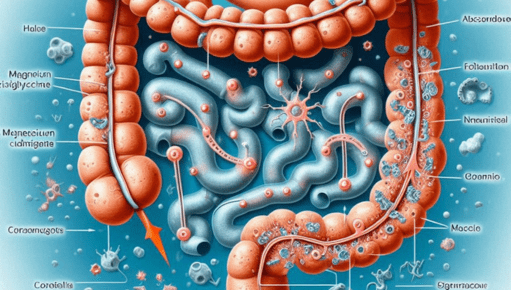Natural substance research suggested fisetin might be another plant-based flavonoid that helps heart health. Oxidation might damage the heart since the organ uses much oxygen. Eventually, oxidative destruction of the blood vessel walls, repression of the heart functions, and elevation of hypertension ensue. So here are the fisetin benefits you should know about.
Fisetin as a Potent Antioxidant
Studies suggest fisetin directly scavenges oxidative ROS. Fisetin prevents oxidative stress in endothelial cells, preserving blood artery shape and flow. Antioxidant-protecting glutathione peroxidase and superoxide dismutase are increased by fisetin. Enzymes minimize heart and artery oxidative stress, reducing plaque and atherosclerosis.
Inflammation Plays a Significant Role in Heart Disease
Inflammation also causes heart disease. Although inflammation is a normal immune reaction, chronic inflammation damages healthy tissues, including hearts. Arterial plaque increases instability with inflammation, increasing the risk of having a heart attack and stroke. Cardiovascular inflammation disables the heart and blood vessels by promoting oxidative stress. A crucial strategy in helping to keep the heart healthy is in the reduction of inflammation, particularly in those who are at risk.
Anti-inflammatory Properties
Fisetin suppresses cytokine-mediated inflammation. Fisetin protects the cardiovascular system and lowers cellular inflammation by suppressing this pathway. The studies show that fisetin reduces inflammatory markers such as CRP that are higher in the heart disease patient. Fisetin lowers these indications for the prevention of previous inflammation and heart disease.
Atherosclerosis Prevention
An antioxidant fisetin preserves LDL cholesterol from oxidation, an important step in plaque formation. Since the oxidized LDL undergoes more chances of forming plaques within the artery walls, fisetin helps to purify arteries.
Fisetin also reduces plaque formation and inflammation that can cause catastrophic cardiovascular events. It inhibits heart disease by reducing oxidative stress as well as the general cause of inflammation associated with atherosclerosis.
Cardio protective Effects in Animal Studies
Many animal investigations have proven fisetin’s cardio protective effects. In animal models of heart disease, fisetin reduced atherosclerotic plaque size and severity. It increased blood flow and reduced arterial blockages by enhancing endothelial function. These data imply fisetin may prevent and treat cardiovascular disorders. Fisetin boosts heart health and disease resistance by increasing vascular function and lowering oxidative and inflammatory damage.
Blood Pressure Control
Hypertension makes the heart work harder to pump blood over time. Fisetin controls blood pressure, improving heart health. Study suggests fisetin lowers blood pressure by relaxing and expanding blood vessels. Fisetin increases blood flow and decreases heart strain by increasing endothelial function and generating nitric oxide. Hypertensive avoid heart attacks, strokes, and heart failure with this benefit.
Human Studies and Future Research
Early human research are finding fisetin’s cardio protective effects, but most evidence is in animal models. The interference of fisetin with oxidative stress and inflammation has been attractive in clinical researches. Similar to animals, fisetin could also modulate inflammation and increase antioxidant production to shield the heart in humans. However, more clinical studies need to be performed to better understand fully fisetin’s significance to cardiovascular health. Researchers are able to find out how fisetin can help to enhance the function of the heart that will make it an all-natural supplement for heart diseases.
Conclusion
Antioxidant and anti-inflammatory properties make fisetin a promising vitamin for natural cardiovascular health, but definitely, more research is needed. Foods rich in fisetin like apples and strawberries or its supplements may protect hearts over time.

